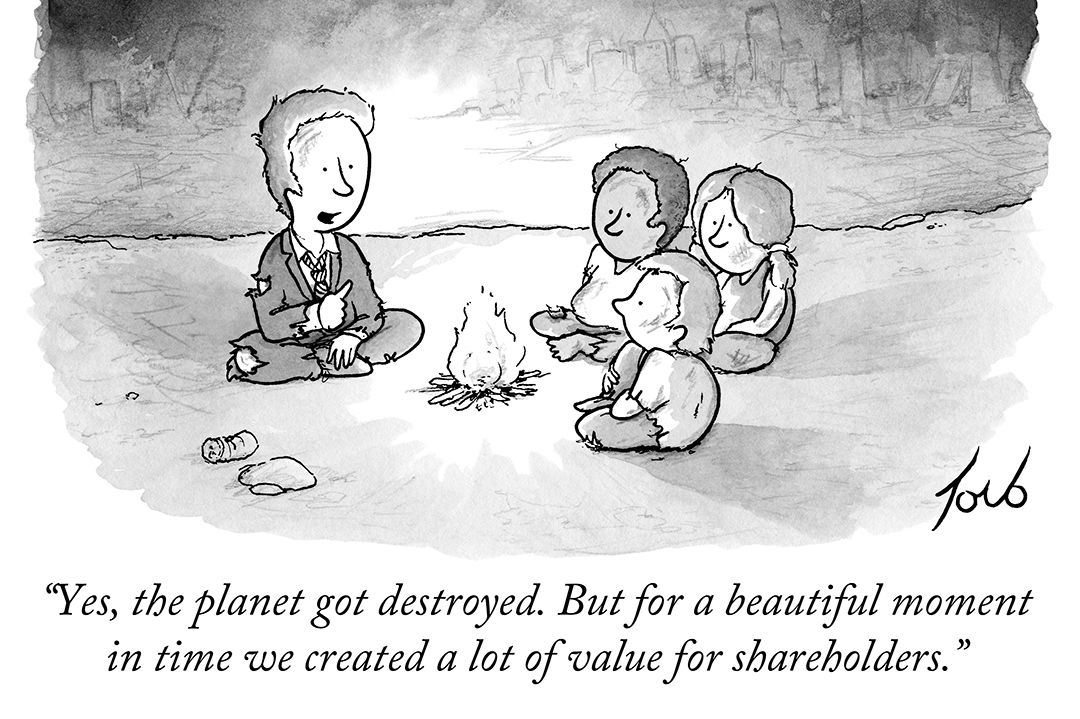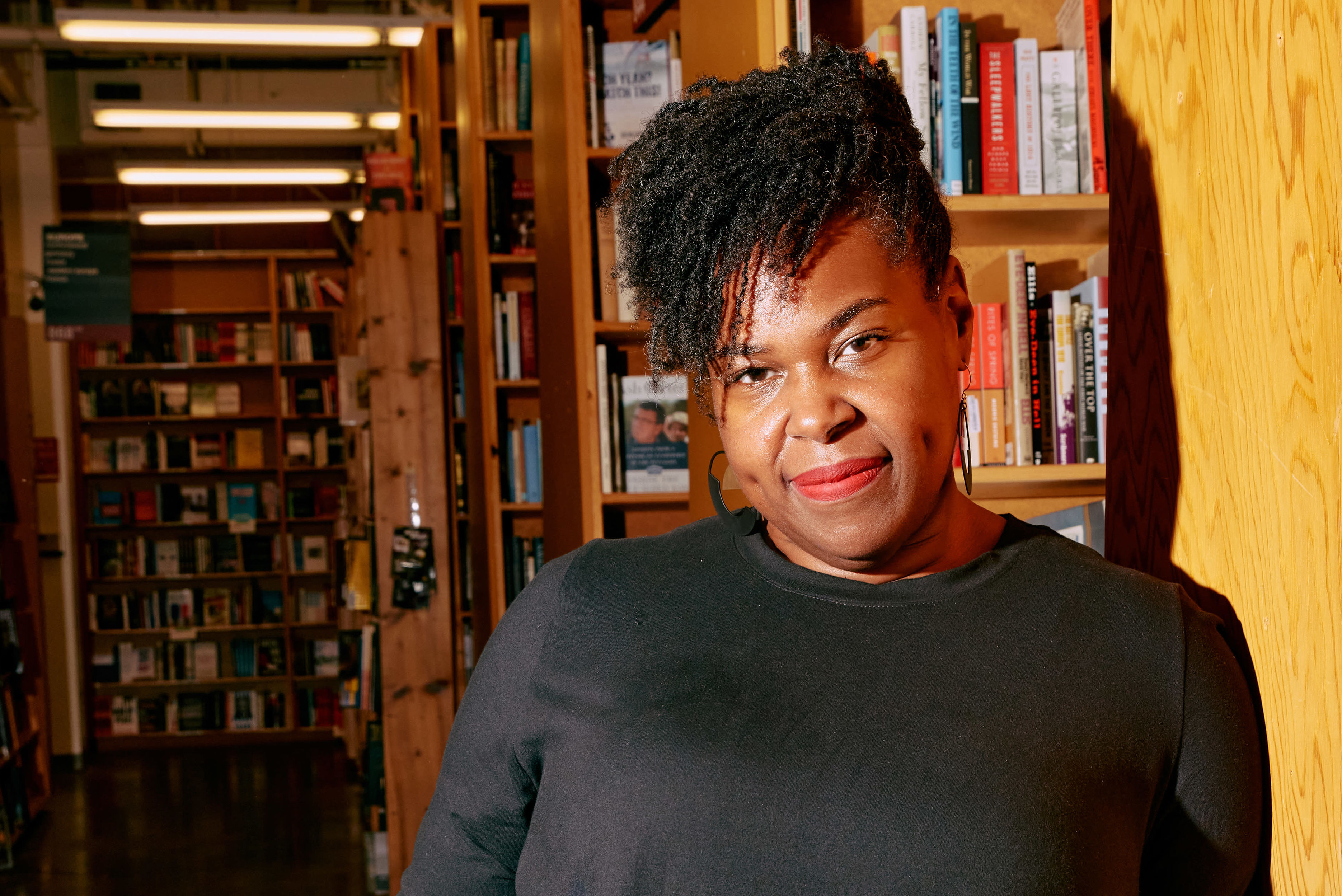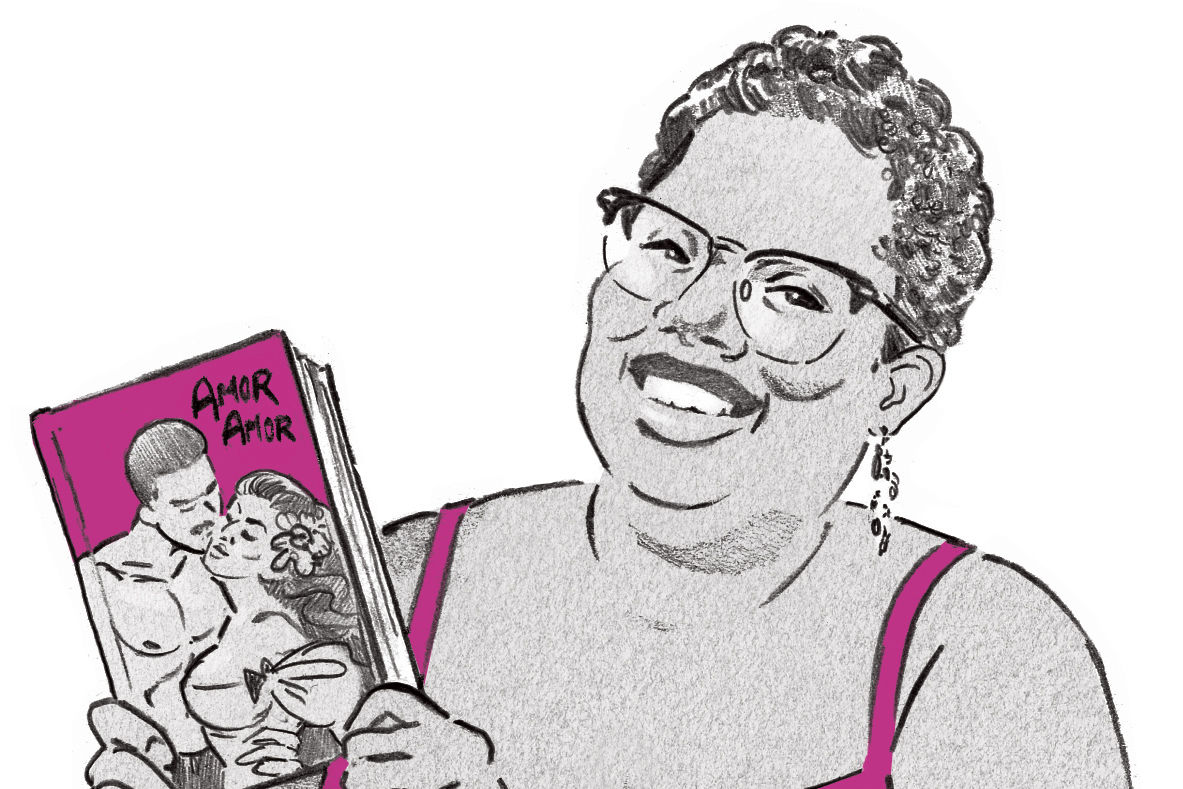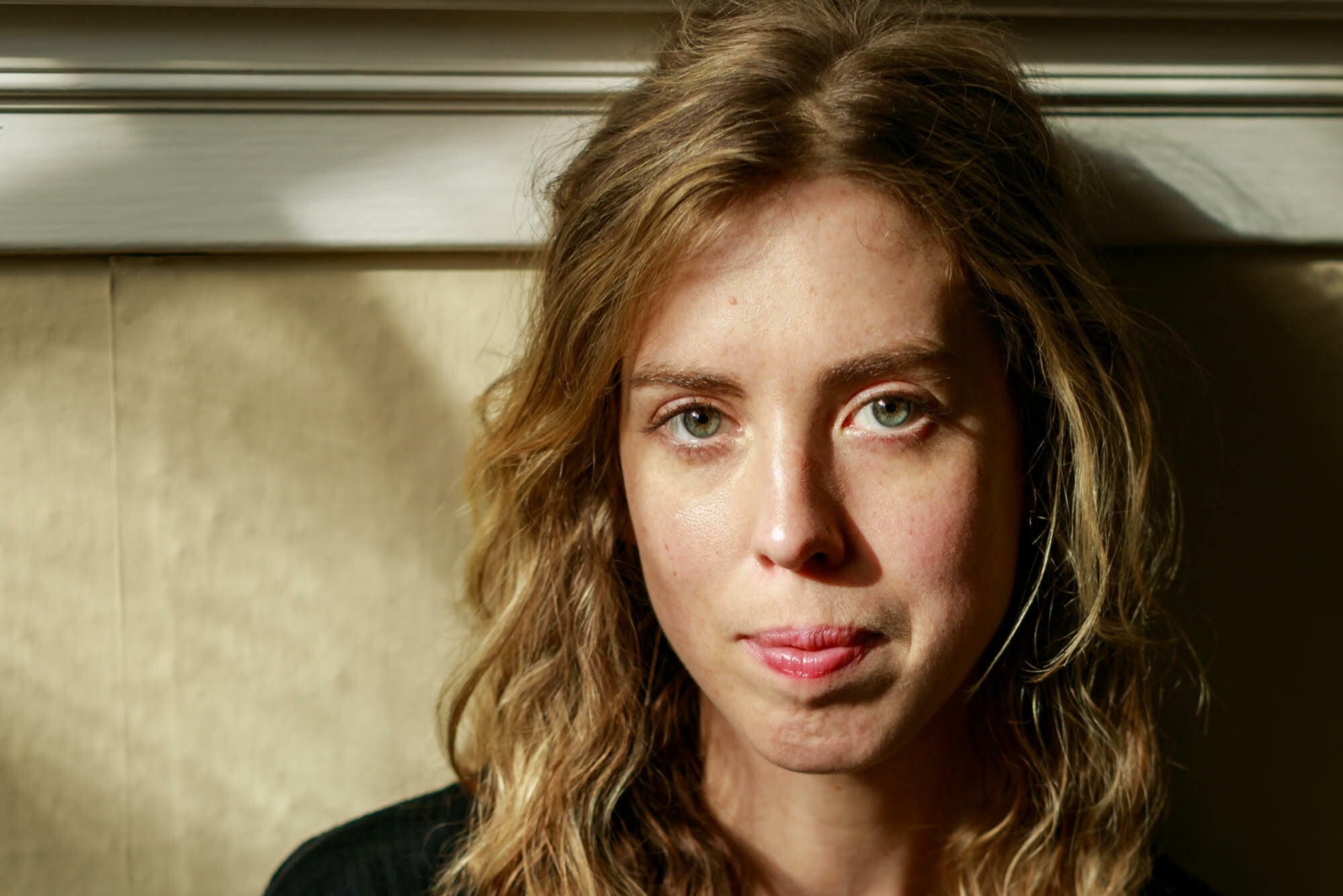Q&A: Jonathan Franzen
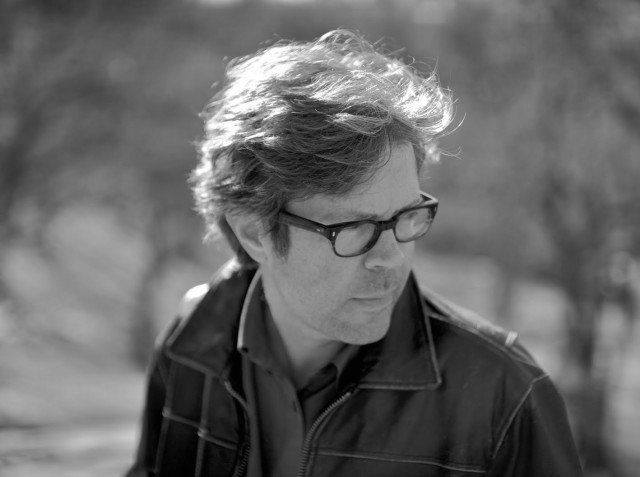
Image: Courtesy Greg Martin
Freedom was a tremendous success, endorsed by everyone from Oprah to Obama. Is your experience of writing different since it significantly raised your profile?
It’s not. I think some of the things I decided to do in the last two years—one was working on the HBO TV version of The Corrections, which ultimately wasn’t picked up, and the other was writing a short book based on my translations of Karl Kraus, the Viennese satirist—were made easier to do by my feeling that I didn’t have anything to prove. So Freedom brought a certain kind of freedom. But in terms of how I feel trying to write sentences that are alive, I’m finding it’s no different. Just as hard, but also just as absorbing.
You said in a 2010 Fresh Air interview that writing about environmental concerns had become less compelling for you, yet several of Farther Away’s essays are about the environment. What’s changed?
Even in the pieces that are preoccupied with the environment, the program is to go and try to listen to the other side. When I was writing about the killing of migratory birds in the Mediterranean, the thing I wanted to do was find out what the hunters were like. A novelist can’t afford to dislike people. The journalism becomes, then, an excuse to go and meet people and, really, address my own anger.
You’re an avid bird-watcher, and birds are a frequent topic of this collection. What draws you to birds?
They’re indifferent to us, and they’re everywhere. So you always have the companionship. The birds that are hanging around in the trees outside my window here in Manhattan, they’re going about their own business. I can snap out of the whole problem of the human world into watching what they’re doing for a few minutes, and it’s a relief.
You do a lot of processing in Farther Away of your friend David Foster Wallace’s suicide. How does Wallace continue to influence you?
I feel like I lost my hitting partner as a writer—and, to me, almost entirely good aspects of friendly competition. In the work, a certain amount of competition probably continues. In [remarks at a memorial service for Wallace, included in Farther Away], I said that there were a lot of different stories I could tell about why Dave killed himself. And all we ever have on the outside of a suicide is the stories we tell ourselves; we don’t have the story, we just have different versions circling around the stark fact. What was in the title essay was another one of those stories, and I’ll probably continue to turn around still others in my head, and who knows where they’ll pop up in the work.
You also talk about the process of actually becoming a different person to write a new, meaningful work of fiction. Did you feel that way after finishing Freedom?
Yes, and that is one reason I went nearly three years without writing a word of fiction. A mistake I’d made after my two previous novels had been to rush in too quickly and try to write another novel, and I painfully discovered that I was in fact just rewriting what I’d already done. I figured it would be good to force myself, by taking on other projects, not to even think about fiction, even though by the start of the third year, I missed it in an almost physical way.
What are you currently working on?
I have a novel. There is a four-page, single-spaced proposal for it, whatever those proposals are worth. I look at the old proposals now, and I see the one part of them that actually got made into a book, and I think, “How come I couldn’t see that? What is all this other stuff?”
I’ve let go of any illusion that I’m a writer of 150-page novels. I need room to let things turn around over time and see them from the whole lives of other characters, not just the single character. For better or worse, one point of view never seems to do it for me.
Jonathan Franzen speaks January 10th as part of Literary Arts’ Portland Arts & Lectures series.
